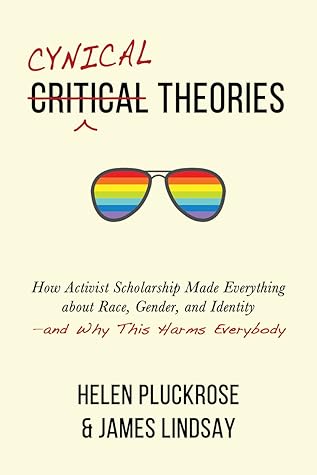More on this book
Community
Kindle Notes & Highlights
Read between
November 26, 2020 - January 20, 2021
Our knowledge of history is skewed by the biased records that survive, but the way to mitigate this is to investigate such claims empirically and reveal the falsity of biased narratives, rather than include a greater range of biases and declare some of them immune to criticism.
Since they look at oppression only in terms of colonialism, colonialism is all these scholars and activists are equipped to find. As a result, not only do they hamstring their ability to understand—and therefore ameliorate—the problems they are seeking to solve, but they also tend to make them worse. This commonly results in a marked tendency to neglect the rights of women and of sexual and religious minorities, unless they are threatened by white Westerners. This goes against achieving social justice—but it’s integral to the ideology called Social Justice.
Done right, universities are invaluable. Done wrong, they are a means of harmful cultural indoctrination without equal.
Social Justice activism assumes that racist and supremacist attitudes are omnipresent and looks closely until it finds examples.
Activism that holds that disability and obesity are socially constructed and that attempts to combat them are rooted in the hatred of disabled people and the obese can be positively dangerous.
The body positivity movement promotes morbidly obese models as beautiful and healthy, despite the abundant evidence that obesity is linked to diabetes, heart disease, polycystic ovaries, joint and respiratory problems, and several forms of cancer.64
The claim that, say, women of color who uphold Social Justice ideas are “woke” and that all other women of color who do not accept such ideas have been brainwashed into employing discourses of power that oppress them is a self-serving, arrogant, and presumptuous narrative—but that’s what happens when you tie knowledge to identity and Theorize away variations in experience and interpretation as inauthentic or confused.
Even the smartest humans often reason poorly when alone or in ideologically homogenous groups, because we use reason mostly to justify our existing beliefs, desires, and underlying intuitions.28 We are at our best in a group of people with different intuitions and different reasoning, in which no one can get away with a self-serving assertion unchallenged. Under such circumstances, we can achieve great things.


